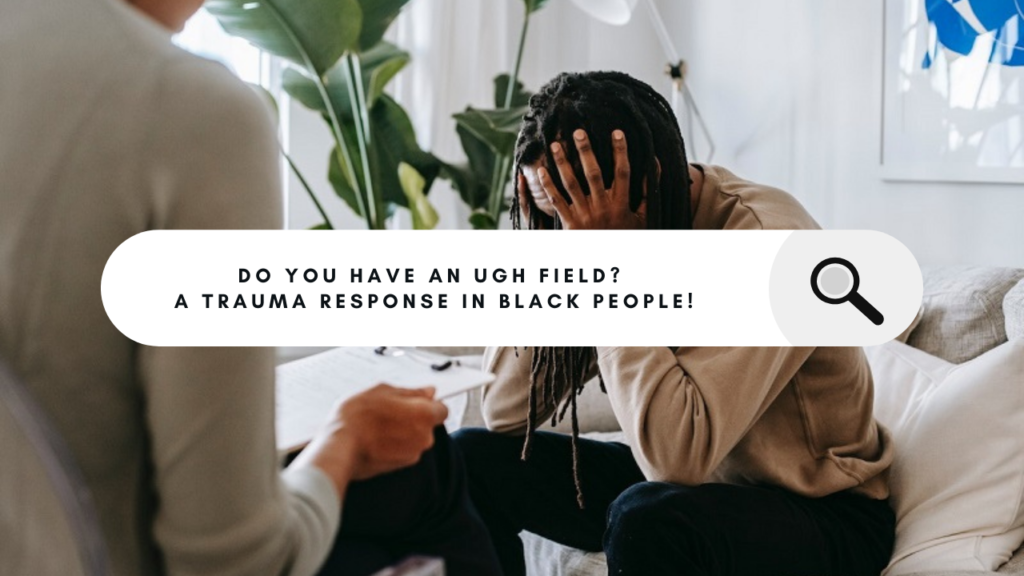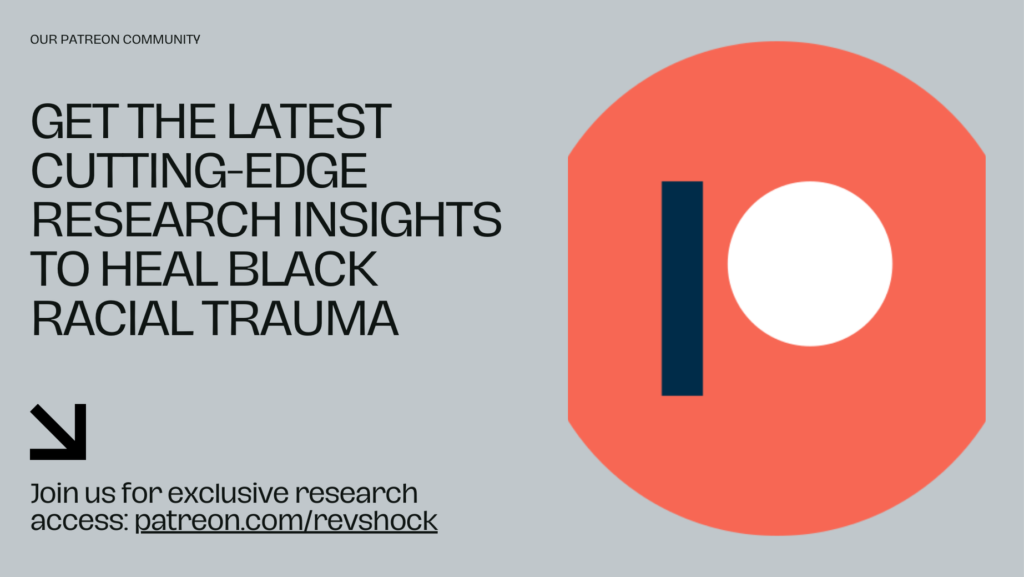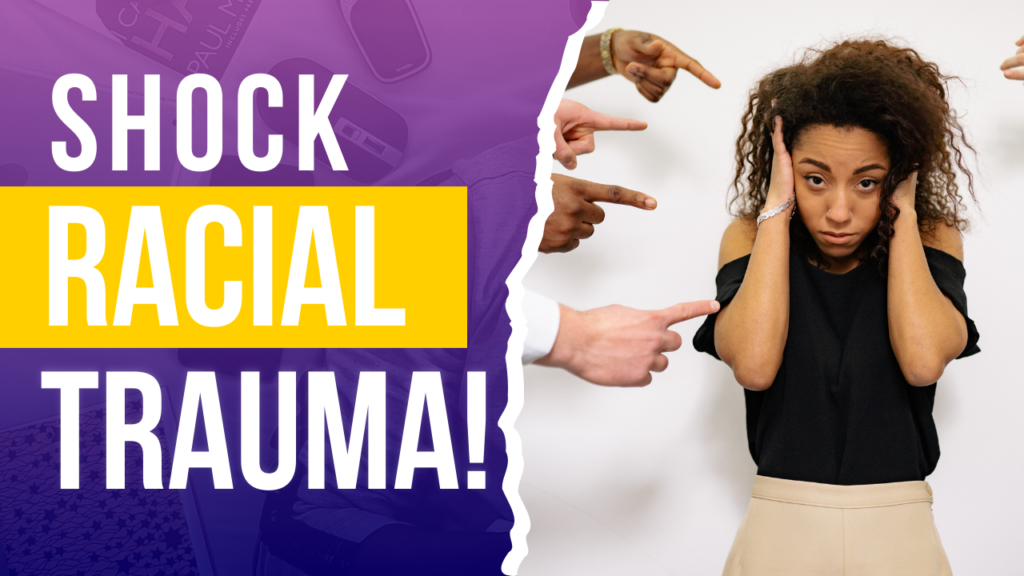
Powered By BlackTraumaGPT.com
Researched and Curated By Rev. Dr. Philippe SHOCK Matthews
(Black Trauma and Mental Health Specialist | Prompt Eng | GPT Dev | Research Scientist | Africana Phenomenologist | Black AI Corsortim co-Founder)
What is an Ugh Field?
An “ugh field” is a psychological concept that refers to a mental barrier or aversion that prevents an individual from addressing or engaging with a particular topic, task, or situation due to negative associations or past experiences. This phenomenon can lead to avoidance behavior, procrastination, or discomfort when attempting to confront the issue at hand. The term “ugh field” encapsulates the idea of a mental block that hinders one’s ability to approach certain aspects of their life or work.
The concept of an “ugh field” can be understood through the lens of cognitive psychology and behavioral economics, where it aligns with theories of cognitive biases and emotional responses influencing decision-making processes. When individuals associate negative emotions or experiences with a specific task or topic, they are more likely to avoid it, even if necessary or beneficial. This avoidance behavior can create a cycle where the individual reinforces the negative associations, making it increasingly challenging to break free from the “ugh field.”
Research suggests that ugh fields can be particularly detrimental in educational or professional settings, where individuals may avoid challenging subjects or responsibilities due to the discomfort or anxiety associated with them. This avoidance can hinder personal growth, learning, and productivity, ultimately impacting one’s success and well-being. Understanding the mechanisms behind ugh fields is crucial for developing strategies to overcome these mental barriers and promote a more proactive and positive approach to facing difficult tasks or topics.
In practical terms, overcoming an ugh field requires a conscious effort to reframe one’s mindset and associations with the issue causing discomfort. By gradually exposing oneself to the task or topic in a controlled and supportive environment, individuals can work towards desensitizing the negative emotions and reducing the aversion associated with it. Additionally, seeking external support, such as guidance from mentors, therapists, or support groups, can provide valuable strategies and encouragement in navigating ugh fields.
Moreover, research emphasizes the importance of self-compassion and understanding in addressing ugh fields, as being overly critical or judgmental towards oneself can exacerbate the negative emotions and reinforce avoidance behaviors. By practicing self-care, mindfulness, and positive self-talk, individuals can cultivate a more compassionate and empowering mindset that facilitates progress towards overcoming ugh fields. Additionally, setting realistic goals, breaking down tasks into smaller steps, and celebrating small victories along the way can help build momentum and confidence in tackling challenging areas.
In the context of Black people, this aversion can manifest as a trauma response rooted in the historical and ongoing experiences of systemic racism, oppression, and intergenerational trauma.
How Ugh Fields Manifest as a Trauma Response
- Avoidance of Stressful Situations: Black individuals may develop an “ugh field” around environments or tasks that remind them of past traumas, such as workplaces where they experienced microaggressions or racial discrimination. The anticipation of further harm can lead to avoidance behaviors, where one might sidestep professional opportunities, social interactions, or even healthcare appointments to avoid potential re-traumatization.
- Educational and Professional Settings: The concept of “racial battle fatigue,” introduced by Dr. William A. Smith, highlights the chronic stress and exhaustion Black people face in predominantly white institutions. This can create an “ugh field” around academic or professional spaces, where the burden of navigating racialized environments becomes overwhelming. The trauma response might manifest as disengagement, underperformance, or complete withdrawal.
- Financial Institutions and Economic Opportunities: Due to a long history of economic exploitation, such as redlining, predatory lending, and employment discrimination, Black individuals might develop an “ugh field” around financial matters. This trauma response could result in avoiding banking, investing, or pursuing economic opportunities due to a deep-seated distrust in the systems that have historically marginalized Black people.
- Health and Medical Care: The legacy of medical apartheid, including experimentation on Black bodies and systemic neglect in healthcare, can create an “ugh field” around medical settings. The trauma response here can manifest as medical mistrust, reluctance to seek care, or anxiety in medical environments, which is often exacerbated by ongoing disparities in healthcare treatment.
- Legal and Law Enforcement Encounters: Given the history and current reality of police brutality and racial profiling, Black individuals may experience an “ugh field” around legal and law enforcement encounters. The trauma response may include heightened anxiety, fear, or avoidance of situations where police or legal systems are involved, even in benign or necessary circumstances.
Addressing Ugh Fields as a Trauma Response
- Cultural Affirmation and Empowerment: Engaging in practices that affirm Black identity and culture can help counteract the “ugh fields.” This might include participating in community-based support networks, cultural events, or educational programs that center Black experiences and resilience.
- Therapeutic Interventions: Therapy, particularly approaches like somatic experiencing, trauma-informed care, or culturally competent therapy, can help individuals process the underlying trauma that contributes to the “ugh fields.” Therapists who understand the cultural and historical context of Black trauma are essential in this process.
- Community Support: Building and participating in safe, supportive communities where shared experiences are acknowledged and validated can help individuals navigate and diminish the impact of “ugh fields.” Collective healing practices, such as group therapy, community dialogues, or activist spaces, can also be powerful.
Understanding “ugh fields” as a trauma response among Black people requires a nuanced approach that considers the historical and systemic factors contributing to these feelings of aversion. Addressing them involves both individual healing and broader societal change to dismantle the systems of oppression that perpetuate these traumas.
In conclusion, the concept of an ugh field sheds light on individuals’ psychological barriers when dealing with aversive tasks or topics. By recognizing the influence of negative associations and emotions on behavior, individuals can take proactive steps to address and overcome these mental blocks. Through cognitive reframing, gradual exposure, external support, self-compassion, and goal-setting, individuals can navigate ugh fields and cultivate a more resilient and proactive approach to personal and professional challenges. Understanding and addressing ugh fields is essential for personal growth, learning, and well-being in various aspects of life.
Brought To You By…
- [IMMEDIATE DOWNLOAD] Know Your Rights eBook by the Law Office of Keith J. Staten https://bit.ly/4bD3MbK
- Enhancing Cognitive Performance: The Power of Neuromelanin Boosters https://t.ly/S-ePs
- FREE web series: Nothing is Wrong with Black People…Something Happened to Black People: https://bit.ly/3FJCsLo
- BlackTraumaGPT http://blacktraumagpt.com/
- MyGuardianDoc™ https://bit.ly/3TlgPaE – Your One-Stop for On-Demand Compassionate Medical Guidance, Urgent Care, Primary Care, and Virtual Second Opinions, all provided by licensed Medical Doctors.
Enjoying Our Content?
Become a member of our Patreon to get the latest research on Racial Black Trauma and learn the hidden science behind why 1st Frequency Black people are God’s/Amma’s greatest creation! https://www.patreon.com/revshock. Or buy Rev. SHOCK a Coffee! https://bit.ly/3yg5D7A


Book A Discovery Call
Are you ready to SHOCKtrauma? Click HERE now to book a discovery call with Rev. Dr. Philippe SHOCK Matthews

Get Social with Doc SHOCK:
PATREON: https://t.ly/mjksf | REV. DR. SHOCK (PERPLEXITY PAGE): https://t.ly/ppjwh | SOLO: https://solo.to/revshock | BIO: https://t.ly/Ko_y_ | BLOG: https://t.ly/j6bh0 | PODCAST: https://t.ly/cB5GD | ENDORSEMENT: https://t.ly/jFErO | THREADS: https://t.ly/SoKkT | IG: https://t.ly/XsN8f | FB: https://t.ly/R3r9Y | X: https://t.ly/iJ-wy | LINKEDIN: https://t.ly/GZ0pe | TIKTOK: https://t.ly/zfp60 | BLACK TRAUMA GPT: https://t.ly/vswbs | BLACK AI CONSORTIUM: https://t.ly/uiRZN | BOOKS BY PM: https://t.ly/vvHMd
